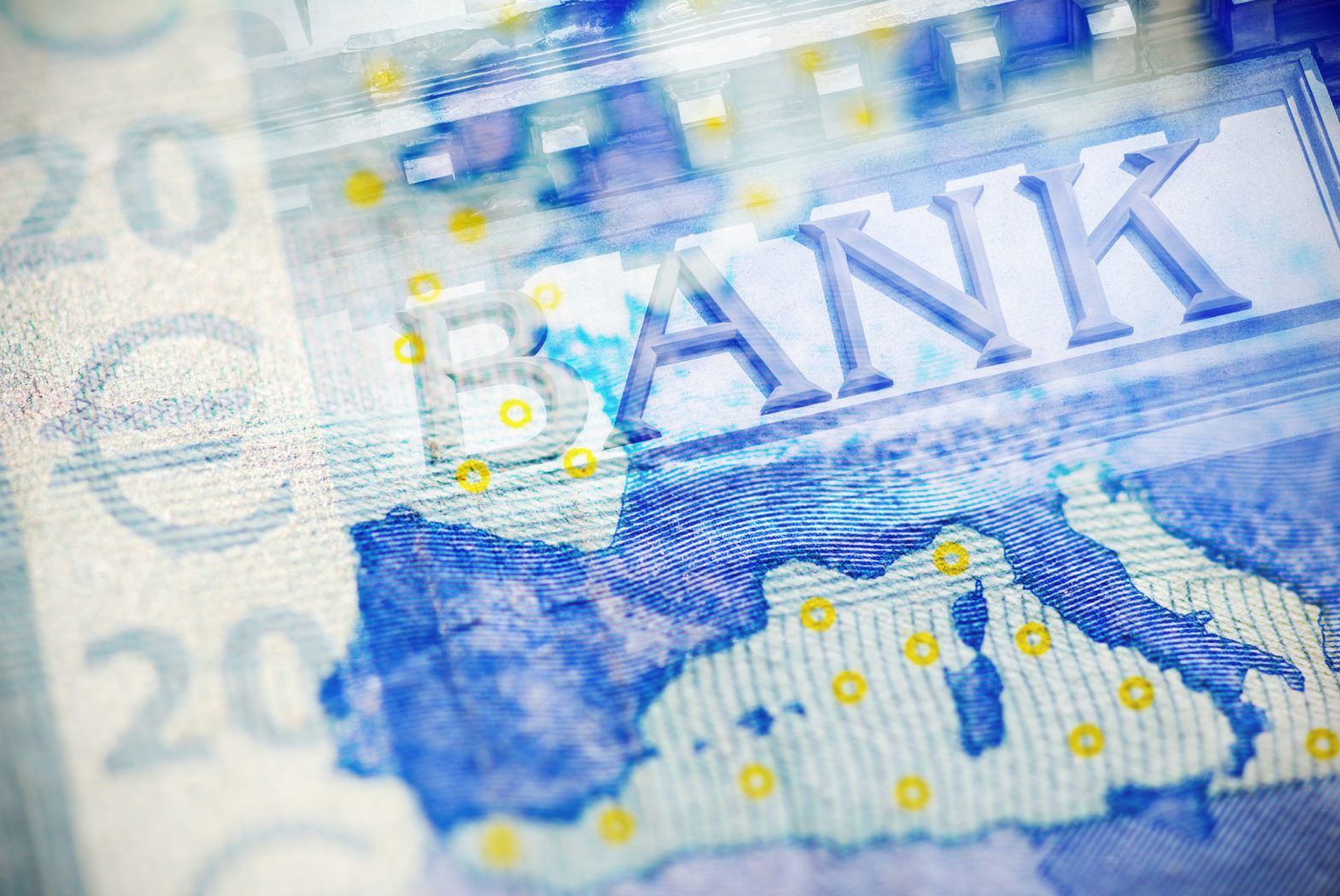The collapse of Silicon Valley Bank (SVB) in the US has already had a ripple-effect across Europe, even as the long-term impact of the implosion remains murky.
Late last week, the US bank – home to deposits for many of the country’s start-up tech firms – revealed it was looking to sell off assets in order to tackle a crunch in its liquidity. Within a few days, the UK government had stepped in and supervised the sale of the bank’s British wing to HSBC.
The collapse of SVB in the US came after the firm’s investments in long-term treasury bonds suffered after the Federal Reserve hiked interest rates. The fall of the bank is reportedly the largest since the crash of 2008.
As Al Jazeera summed it up: “SVB’s troubles began when the US Federal Reserve started raising interest rates last year in response to soaring inflation, causing the value of those bonds to fall. As economic conditions for the tech sector became more straitened following the pandemic boom, many of SVB’s customers began to draw on their funds to keep above water. Short on cash, SVB was forced to sell its bonds at big losses, prompting concerns about its financial health.” It added: “Within 48 hours, spooked depositors had withdrawn enough funds to cause the bank’s collapse.
The impact has been felt keenly in Europe, with CNBC noting earlier this week that European banks saw their worst day in more than a year, down by 5.65%. European markets closed lower on Monday, with the Stoxx 600 down 2.34%. Nevertheless, it also reported the European Central Bank was still expected to hike rates by another 50 basis points later in the week.
Somebody else’s problem?
Elsewhere, Politico has opined that the EU is treating the collapse of SVB as ‘somebody else’s problem’. Its piece quoted Valdis Dombrovskis, executive vice president of the EC, and Bruno Le Maire, the French finance minister, saying there was little risk of contagion on the continent. Even so, the regulator BaFin in Germany put a moratorium on the German branch of SVB earlier this week.
This sounded fair enough – until Wednesday, when Credit Suisse began to bear the brunt of SVB’s collapse. Shares in the Swiss financial giant tanked 28%, hitting an all-time low for the second time in two days. The bad news keeps on coming for Credit Suisse while other banks, such as HSBC and Commerzbank, saw their shares fall by respective 3.95% and 12%.
According to CNBC, “Some of the biggest decliners included France’s Societe Generale, Spain’s Banco de Sabadell and Germany’s Commerzbank. Several Italian banks on Wednesday were also subject to automatic trading stoppages, including UniCredit, FinecoBank, and Monte dei Paschi.”
European markets were buoyed this morning, though, by the announcement that Credit Suisse had received a €50bn bailout from the Swiss National Bank. At the same time, the Swiss central bank maintained that Credit Suisse had the money it needed.







